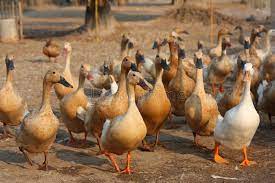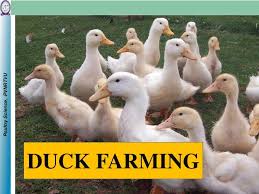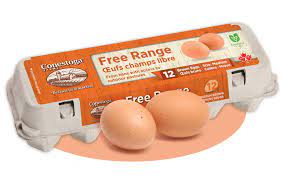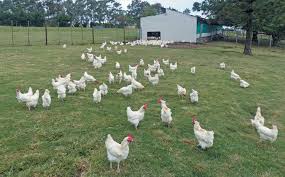HOW TO START FREE – RANGE DUCK FARMING NOW?
Duck meat is a high-value niche product in South Africa. Duck farming is part of poultry farming systems. However, there is a huge difference between duck farming and poultry especially in habits and habitats of duck farming in shelter and population.
Ducks can be raised for meat and eggs. In mos parts of the world, duck ranks next to chicken in terms of egg ad meat production. Starting a duck farming business has numerous advantages as mentioned below:
– Ducks need not only less expensive but simple and non-elaborate housing facilities.
– Ducks need less care or management as they are a very hardy bird.
– You’ll get fresh eggs from ducks as they lay eggs either at night or in the morning.
– As ducks grow faster, you need comparatively less space for raising ducks.
– Ducks are highly resistant to the common avian diseases.
– Ducks eat a wide variety of foods than other birds.
– Along with a less mortality rate, ducks have a longer life than chickens.
Duck Breeds
Duck Breeds for Egg Production:
* Indian runner;
* White and Grayish Indian runner;
* Khaki Campbell.
Duck Breeds for Meat Production:
# Maskovi;
# Aylesbury;
# Sweden ducks.
Feeding
Feeding is the main task for getting better fertile eggs in commercial egg production of a duck farming business. According to duck breeders , on your farm, you can provide nutritious feed. And usually, ducks eats large amounts of food and water than other poultry birds. As legume grain feed works very well, the quantity of feed supply depends on breed, bird age, and purpose (egg layers) or meat producers.


Housing / Shelter
Whether its an intensive or extensive raising system, ducks need safe and secured housing. Although you can use the locally available material to build the shelter, you should ensure proper cross – ventilation of the house along with fresh air flow. Not only require a duck 2 to 3 square feet of floor area, but the house can also be built in high, low dry and wet areas.
As ducks like wet and watery areas, provide both entry and exit points of the house. If you want to keep your duck house secure then you should fence it as well. Also, your building should be floor cemented and keep it deep littering, which should be not less than 5/6 inches.
Breeding
As ducks don’t mate without water, it’s a must for breeding purposes. For 10 female ducks, 1 male duck is enough for breeding. When five months of age, a high quality and productive duck breed start laying eggs. Instead of ducks, you can use hens for hatching the eggs. Sprinkle the eggs with water occasionally (2 or 3 times per week) during the hatching period.
TO ENABLE YOU TO START A SUCCESSFUL DUCK FARMING OPERATION YOU NEED TO START PUTTING ALL YOUR PLANS/IDEAS ON PAPER WITH A WELL – STRUCTURED AND PROFESSIONAL BUSINESS PLAN.
NEED ANY HELP WITH THIS CONTACT US NOW AT: (27)84 583 3143 OR SEND US A EMAIL TO: money@global.co.za
HOW TO START FREE – RANGE DUCK FARMING NOW? Read More »






